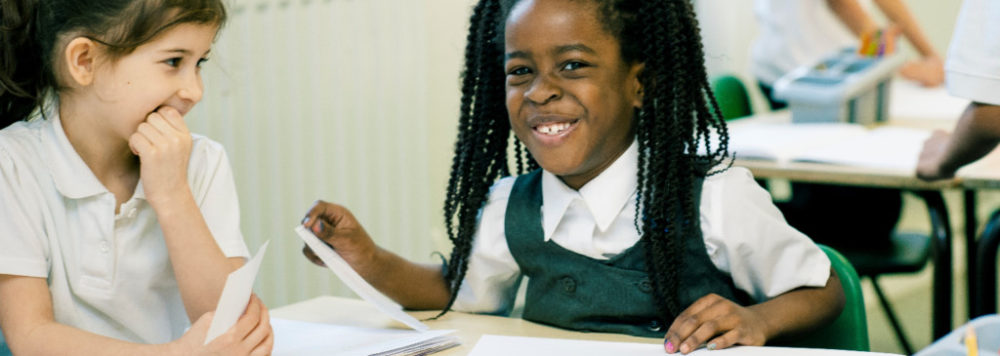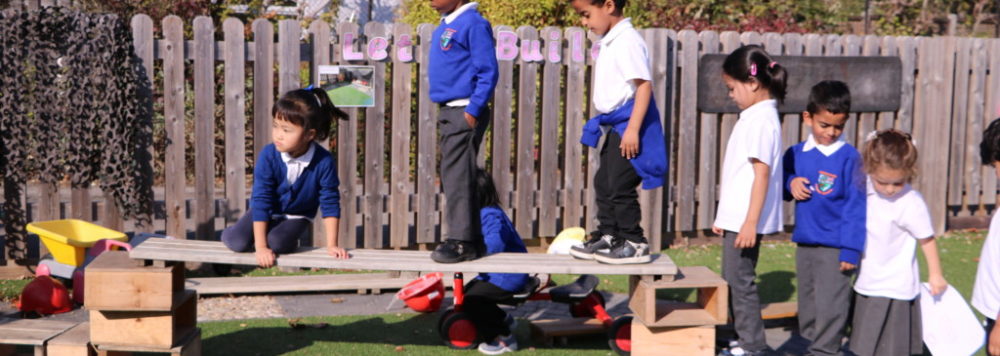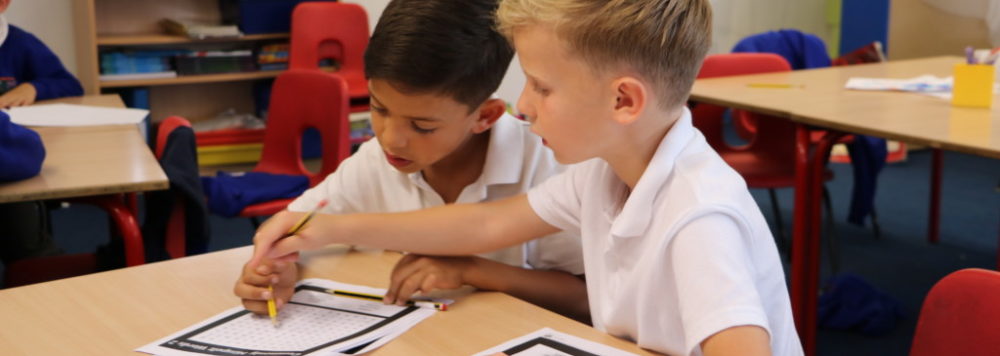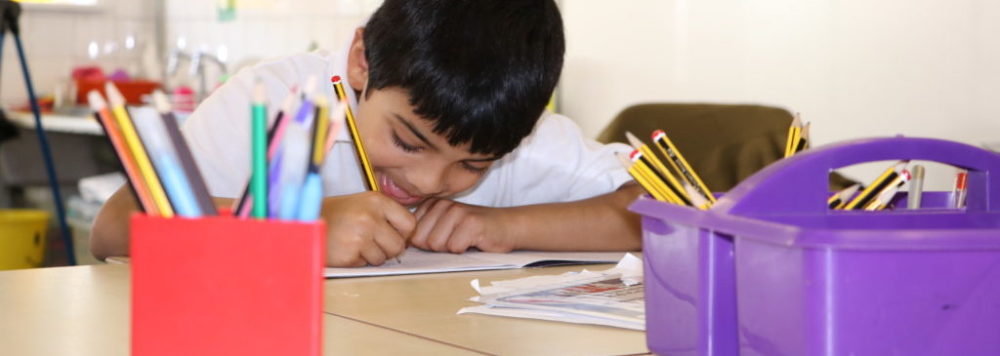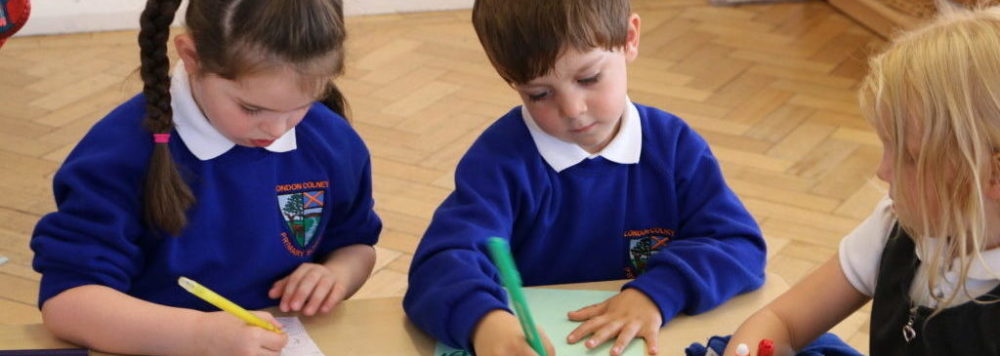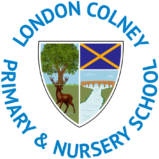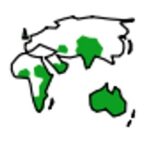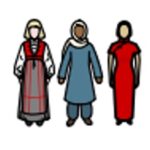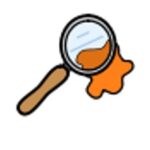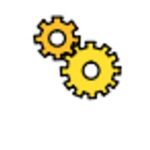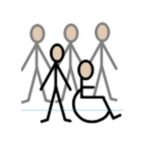Understanding the world around us is one of the key components of the curriculum we offer here at London Colney and is thread through all of our curriculum drivers. We strongly believe in our children having the opportunities and experiences to not only understand the immediate community they are a part of but also the wider world, developing into local and global citizens. We strive for our pupils to understand what it means to be inclusive, appreciate culture and thrive off of the diversities we have here within our school. Although we know that there are many ways in which children can be taught to understand the world, throughout our curriculum we enable children to do so through the study of History, Geography, Science and Computing.
History
Knowing about the past, both within their living memory and prior to that, is a key element of the curriculum we deliver here at London Colney. We use history as one of the driving themes of our half termly topics and ensure that we provide high quality, cross-curricular links to other subjects. For us, great history is about our children asking questions and displaying a drive to find out the answers. We use the statutory requirements of the National Curriculum to design a package of history that is progressive and planned in a chronological way, allowing our children to transfer their skills, knowledge and understanding between topics and periods of time.
By the time our pupils leave London Colney, we intend to;
- Develop inquisitive children, who are keen to ask questions about the past and persevere to able to find the answers. Our children will be able to discuss historic events in relation to their own history and be able to communicate their historical knowledge effectively and creatively.
- Encourage children to have an appreciation and empathy of events before their living memory and how the history and culture of the world has shaped the one we live in today. Our children will be knowledgeable about significant people, both from the past and those from their more immediate history, that have impacted on how we live now.
- Encourage a sense of community by enquiring about the history of our local area and understanding that the role we play within our community could become the history of where we live.
We are constantly working to review our History curriculum so that it is reflective of the cohorts of children we are teaching. As well as working to ensure that our pupils are taught the necessary substantive knowledge, concepts and disciplinary skills needed to be effective historians, we also work to ensure that the curriculum we offer is diverse and varied, allowing our pupils to see themselves in the work that we do.
When sequencing our History curriculum, we think about their starting points in the EYFS and what the learning of History looks like for our youngest children. This may be covering aspects such as what the past means and words related to this or areas whereby the children show natural curiosity. As children progress into KS1, we feel it is important for them to consolidate their knowledge of history within living memory and what the past means before learning about periods of time way beyond their memory. In KS2, our selected periods of history that our pupils study are then taught chronologically, starting with ancient civilisations through to more current periods of history.
Across our History curriculum, we teach the children substantive concepts. These concepts are not exclusive to just one period of history and more than one concept may be explored at a time. Our school’s substantive concepts are …
- Invading and Conquering
- Empires and Monarchies
- Crime and Punishment
- Cultures and Rituals
- Explorations
- Advancements
- People Who Shaped The World
The periods of History we teach, the order they are taught in and the main substantive concepts taught within this units can be seen here in our Curriculum Road Map for History …
Within and across the History we teach, children are also enabled to develop the disciplinary skills that allow them to be effective historians and learn about the past. The disciplinary skills that we teach and foster in History are as follows:
- Constructing the past
- Sequencing the past
- Continuity and change
- Cause and effect
- Significance and interpretation
- Carrying out an historical enquiry
- Using sources as evidence
In our progression document for History, you can how how these skills are taught in an appropriate way for each year group.
Geography
Much like History, knowing about the geography of the world is another key element of the curriculum we deliver within school. The learning of geography that takes place is designed to be varied and thematic, allowing children to apply their knowledge, skills and understanding in a cross-curricular way. The geography we offer in school includes learning about local geography, physical and human geography around the world and a continent study, as well as completing fieldwork throughout. We strive for the geography we teach to be engaging and relevant to the children we teach, encouraging them to be be inquisitive and ask their own questions that may shape their future learning.
Before our pupils leave London Colney, we intend to;
- Promote a sense of global citizenship by educating our children about the world and how their lives may be similar but may differ completely from other children / people around the world. Our children will learn about different cultures and communities, exploring and investigating different countries, considering their climate, key physical and human features and how tourism may affect a location.
- Encourage investigation skills by encouraging our children to use a range of geographical sources of information to answer questions posed to them. Our children will be able to use maps, globes, photographs and geographical information systems to complete a line of enquiry.
- Develop a sense of curiosity in our children, providing them with the skills and knowledge to be able to investigate areas of geography that interest them, including learning about their local and immediate area. Our children will ask questions, using key geographical terms, knowing how to go about answering them and showing their perseverance to be able to follow a line of enquiry through to the end.
- Instil the ability to be environmentally friendly within our children and support them to realise that our environment and world deserves our respect and care.
Science
The teaching and learning of science is a fundamental aspect of our pupils being able to understand the world around them. We place a strong emphasis on high quality scientific investigation and enquiry within our classrooms and believe that the science our children are exposed to should be contextualised and based on the knowledge, skills and understanding that children need to be successful in life. We use the statutory requirements of the National Curriculum to deliver core learning in science on a weekly basis. We also believe in providing our pupils with the experiences and opportunities that bring science alive. We achieve this through our enrichment package, including visits to places such as the science museum and holding science days, including ‘Silly Science’ workshops.
By the time our pupils leave London Colney, we intend to;
- Create the scientists of tomorrow, developing a love and appreciation for the sciences. Our children will support to design their own curriculum, asking questions to which they want to investigate the answers to. Through this, our children will develop an appreciation of science and see how it is still relevant to our lives today.
- Develop key investigation skills that can transferred across a range of scientific contexts and ideas. Our children will learn to predict, observe, make connections, spot patterns, analyse and draw conclusions in their work and use these to develop an inquisitiveness, deciding where to go next within an investigation.
- Support and foster scientific knowledge within our children. Our children will have the opportunity to learn about key concepts throughout their time at school including plants, animals including humans, seasons, materials, forces, space electricity, sound and light as well as others.
- Promote our children’s sense of safety, knowing how to plan and carry out a range of experiments in an appropriate and safe way.
Computing
Computing is learning about how computers and computer systems work, how to design and build programs, how to develop ideas and create a range of content using technology. It covers topics such as understanding how the internet works, finding out about the uses and impact of technology beyond school and learning about the history of computing and its pioneers.
London Colney Primary School has made a major investment in technology to maximize the achievement of our children across the curriculum and to prepare them to participate in a rapidly changing world. The school is equipped with a set of pupil laptops and iPads, ensuring that computing is taught effectively and embedded across the curriculum. Each classroom has an interactive whiteboard to enhance teaching and learning these are being updated to smart screens as part of a rolling programme. To ensure we meet the objectives of the computing curriculum, we are following the Purple Mash Schemes of work. This offers a thematic based approach which teaches children about computing skills in a real life context.
By the time our pupils leave London Colney, we intend to;
- Develop our children so that they are confident and technology literate, being able to understand and apply the fundamental elements of computing and technology, including logic and algorithms. Our children will learn to use a range of tools and programs successfully, feeling prepared and confident to use technology beyond their time at London Colney.
- Provide our children with the opportunities to engage with a range of technologies to be able to apply their learnt skills. Our children will have an understanding that technology is forever changing and improving and that their curriculum adapts because of this.
- Promote and instil maturity within our children when using technology, ensuring that they know how to keep themselves and others safe when working on computers or online. Our children will know what to do and who to speak to if they feel at risk when using technology.

